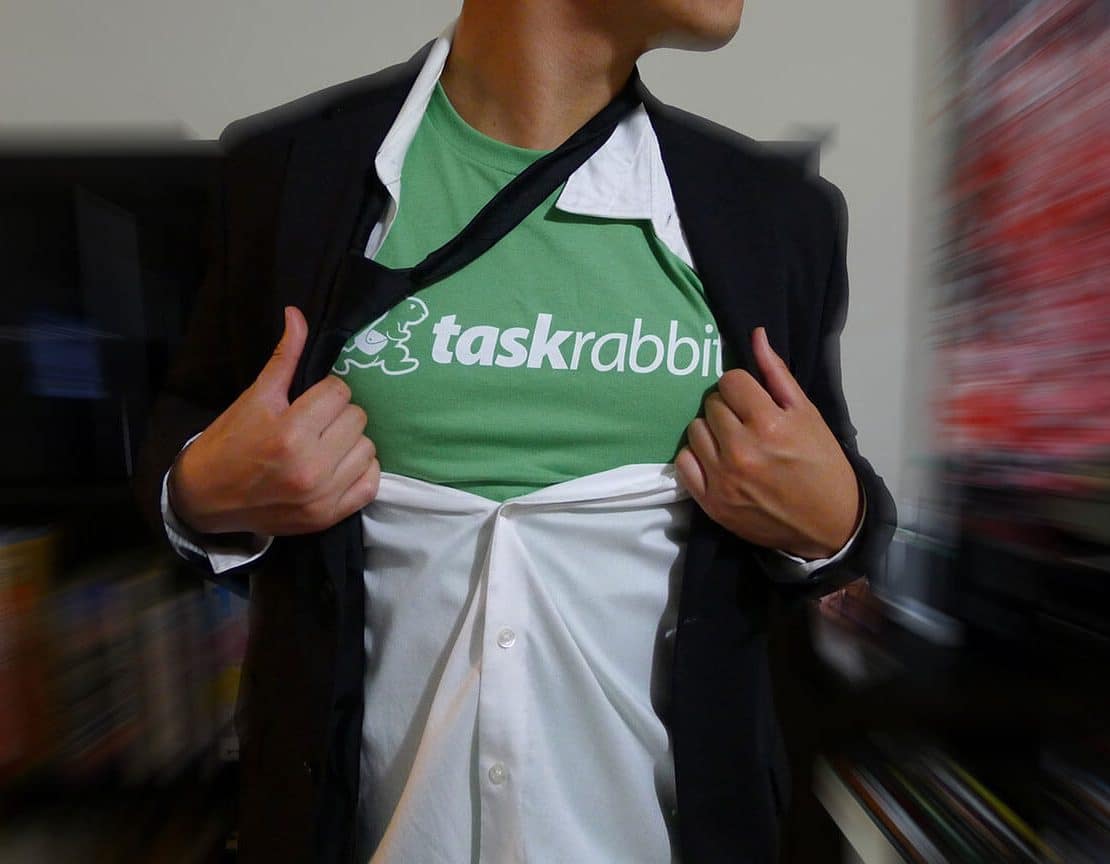Startups are high profit companies that look to break into untapped markets and grow quickly into successful businesses. With the increased interconnectivity of the world these days, startups have bloomed. While startups often refer to quick growing tech companies, there are startups in almost every business field. Some startups grow into amazing businesses – think Twitter, Instagram, and Zynga (the company behind games like Farmville and Words with Friends) – and others fizzle. Here are five startups that will change the world, and some insight on how they’ll do it.
TaskRabbit
TaskRabbit has been around since 2008 and since then has received over $37 million in funding. The idea of TaskRabbit is this: if you have a task that you need to get done, instead of running the errand on your own, you can pay someone else to do it. The concept is simple but great. It provides an opportunity for busy people to get tasks done, without having to do those tasks themselves. TaskRabbit also lets those people who run errands – or TaskRabbits – earn money for their tasks. Timothy Ferriss, the wildly efficient entrepreneur, advised TaskRabbit and its founding team in 2009. Expect to see TaskRabbit expand – there will always be those willing to pay others to complete tasks, and there will always be people willing to do those tasks for pay.
Hailo
The best and easiest way to hail a cab is no longer to stand on the corner and wait for one. With Hailo you can see the closest accessible cabs, and send out a message for one of them. Hailo will then contact the driver and you’ll see your ride expediently. Hailo is already available in eleven major cities across the globe, and it serves thousands of taxi drivers, and myriad customers. Recently, Hailo got exclusive rights to work with New York City’s yellow cabs. This is a huge leap as NYC cabs are a gigantic market for money making. Hailo provides a simple service at a small cost to the consumer. It is beneficial to both driver and traveler. This is the new, convenient way to get a lift.
Fever
Ever travel somewhere new and have no idea what to do? Fever solves this problem. Fever uses an integrated social graph to offer event ideas and nightlife options customized for you. The company is based in both New York City and Madrid, which are two great locales for startups. The app not only integrates your plans and interests, but also takes into account your friend’s events and the plans of those within range. Fever is the planning app of the future. It combines the check-in feature, (like that on foursquare), with a social feature (like Facebook) – but it moves beyond this simple features. This app has plenty of funding, but once there is a monetary medium it will move into an even greater status.
Waze
Waze is a mapping service with about 45 million current users. It uses live updates and traffic reports to provide users with a practical mapping and navigation experience. Waze may seem like any other maps service, but the reason it’s a startup of the future is because of its involvement in Facebook. Facebook plans to buy Waze for anywhere between $800 million and $1 billion. It doesn’t seem like Facebook’s niche to get into mapping services, but because other big names in tech – including Apple, Google, and Microsoft – own their own mapping services, it seems like the right move for Facebook. Waze will expand as Facebook absorbs it. This is a sign that Facebook is looking to expand their services, so don’t be surprised when you’re navigating to friends’ houses through Waze on Facebook.
PublicStuff
Public Stuff is an easier, more accessible version of 311. It’s a way to report disturbances like potholes, illegal dumping violations, and other complaints to city officials. You can track your report until the issue is resolved, and you’ll be assured the complaint gets to someone who can handle it because of this startup’s tracking service. Once Public Stuff expands, more city officials will likely adopt it, and that’s when this startup will truly take off.
These five startups have one thing in common: they uniquely identify needs and develop a niche for them. Each of these startups provides an indispensable service in a newly convenient or efficient manner.

